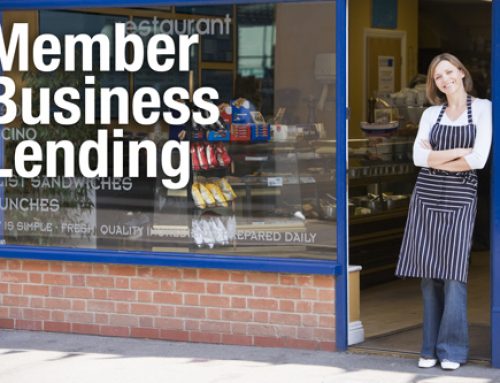 For anyone who has attempted to make a complicated recipe, you know that even the best-laid plans can go awry. This sounds a lot like regulatory compliance—financial institutions have all the rules laid out in front of them, but extenuating circumstances, accidents, or outright violations happen (when baking, you have to take into account your altitude and make sure you soften the butter before putting it in the mixer).
For anyone who has attempted to make a complicated recipe, you know that even the best-laid plans can go awry. This sounds a lot like regulatory compliance—financial institutions have all the rules laid out in front of them, but extenuating circumstances, accidents, or outright violations happen (when baking, you have to take into account your altitude and make sure you soften the butter before putting it in the mixer).
One of the trickiest portions of compliance has to do with money services businesses, the soufflé of the financial services industry, if you will. Let me begin by saying that, when done right, most money services businesses (MSBs) and soufflés can provide great satisfaction. In the case of MSBs, they provide a much-needed service for individuals that may not have access to or don’t want to use traditional banking accounts or services. However, MSBs, like soufflés, can also be a rather risky venture, because MSBs have historically been an avenue of choice for money laundering purposes. As a result, FinCEN and your examiner are going to expect that if you have MSB accountholders in your institution that you will apply additional scrutiny and due diligence to these accounts.
First, let’s identify those businesses and individuals that would be considered an MSB under the Bank Secrecy Act. The designation may apply if a company or individual offers any one of the following five types of financial services (this would include the U.S. Postal Service) and the revenue generated from one or more of these services makes up more than half of the individual or business’s total revenue (there are some minimum transaction limits for some of these offerings):
- Currency dealers and exchangers of currency;
- Check cashers;
- Issues of traveler’s checks, money orders, or prepaid access devices;
- Sellers or redeemers of traveler’s checks, money orders, or prepaid access devices, and;
- Money transmitters.
MSBs must register with FinCEN within 180 days of initiating any of the above qualifying activities and must renew their registration every two years. MSBs must develop, implement, and monitor an effective Anti-Money Laundering program and must comply with most of the requirements of the Bank Secrecy Act, including filing CTRs and SARs when applicable.
The federal banking regulators issued the Interagency Interpretive Guidance on Providing Banking Services to Money Services Businesses Operating in the United States in 2005, which is a must read for any financial institution that offers or plans to offer accounts to MSBs. The guidance provides a recipe containing additional steps that a financial institution should take before opening an account:
- Apply your institution’s Customer/Member Identification Program requirements (be sure you know who the principals are);
- Confirm that the business has a current registration with FinCEN (MSBs that do not have current registrations are in violation of the BSA and would trigger the need for your institution to file a SAR);
- Confirm compliance with any state and/or local licensing requirements;
- Confirm agent status, if applicable; and
- Conduct an individual risk assessment of the MSB to determine, based on the nature of the business and the products and services offered, whether enhanced due diligence measures are warranted.
In addition, your examiner will expect you to have detailed policies and procedures regarding MSBs and appropriate measures in place to enable you to identify any MSBs among your current accountholders that may not have been identified as such at the time the account was opened.
Some institutions have made the decision not to open accounts for MSBs and have procedures in place to close accounts for any person or entity that is subsequently identified as an MSB. Whether that is the right decision for your institution should be based on your market, the needs of your current or prospective customers or members, and whether you have the necessary resources to manage the risks that may come with offering these types of accounts.
With this recipe in hand, creating a successful compliance program that offers accounts to money services businesses will be well within the reach of your Head Chef Chief Compliance Officer.




